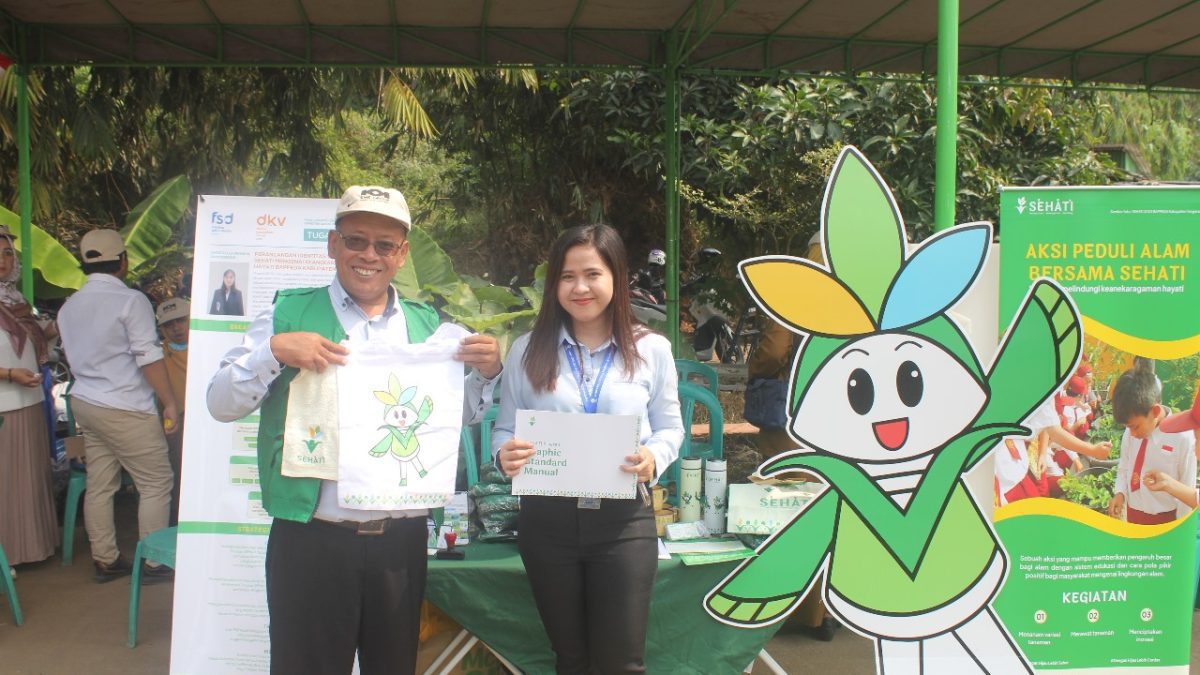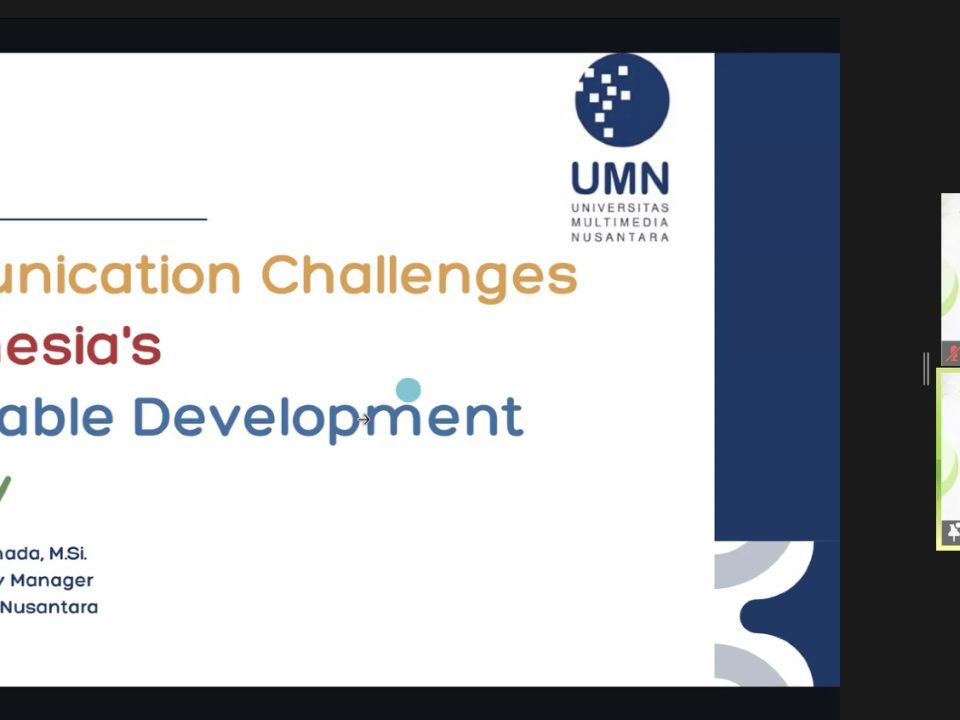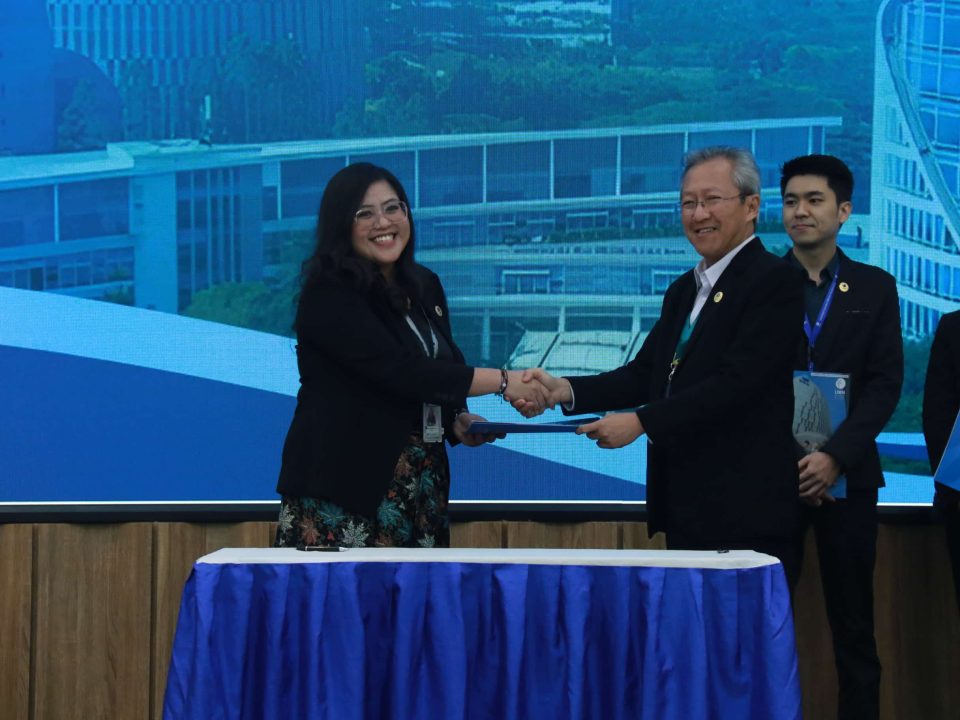
Top Tips for a Successful Career in Data for Non-IT Professionals
August 16, 2024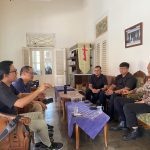
UMN Runs Tour de Impact: Learning to “Live” More Sustainably from Central Java
August 19, 2024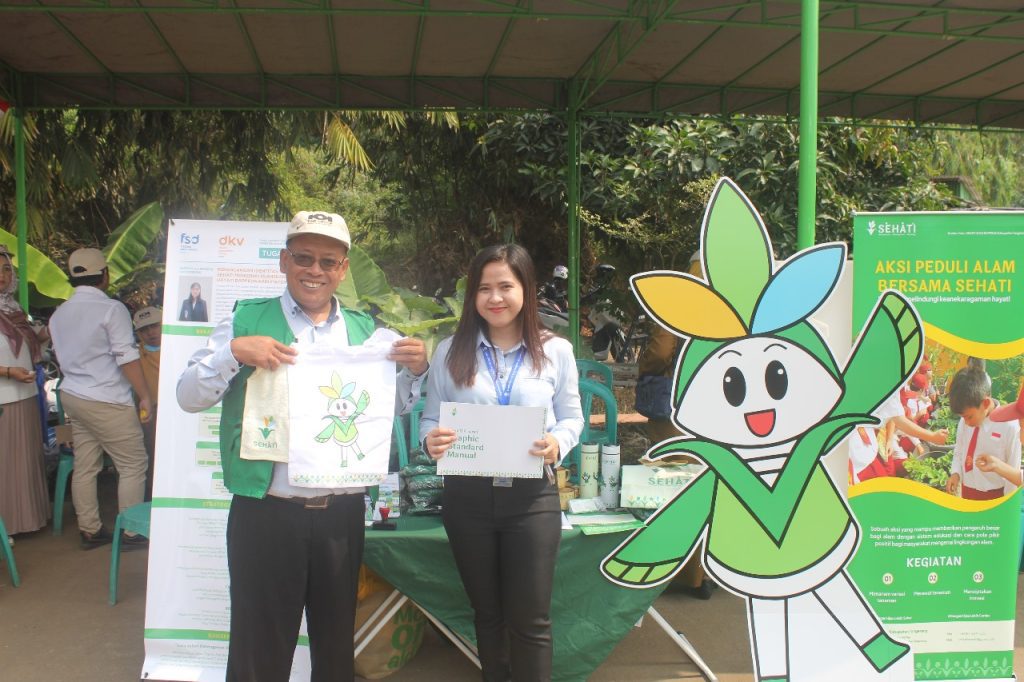
Fenisa Lourence with SEHATI Program Leader from the Tangerang Regency BKP Forum, Imam Sutopo (Doc. LPPM UMN)
Tangerang – The Community Service Research Institute (Lembaga Penelitian Pengabdian Masyarakat/LPPM) of the Innovation Center Department of Universitas Multimedia Nusantara (UMN) collaborated with the Tangerang Regency government to implement the SEHATI (Sekolah Keanekaragaman Hayati (School of Biodiversity)) program on Monday (12/08/2024).
This activity was carried out in commemoration of National Nature Conservation Day 2024 and in collaboration with the Regional Secretariat of the Tangerang Regency Government, sub-district, village, and health center governments, the Tangerang Regency Eco Enzyme Nusantara group, and the Indonesian Midwives Association.
In this activity, they distributed eco enzymes at Lake Serdang Wetan Village, Legok District, Tangerang Regency. 36 schools participated in this activity, divided into seven elementary schools and 29 junior high schools.
This activity aims to maintain the environment of Serdang Wetan Village, one of which is by improving the water quality of the lake and also inviting children to care for the environment.
“The Tangerang District Government’s activities related to the distribution of eco enzyme are extraordinary and must continue to make this activity an agenda of routine regional activities,” said SEHATI Program Leader from the Tangerang District BKP Forum, Imam Sutopo.
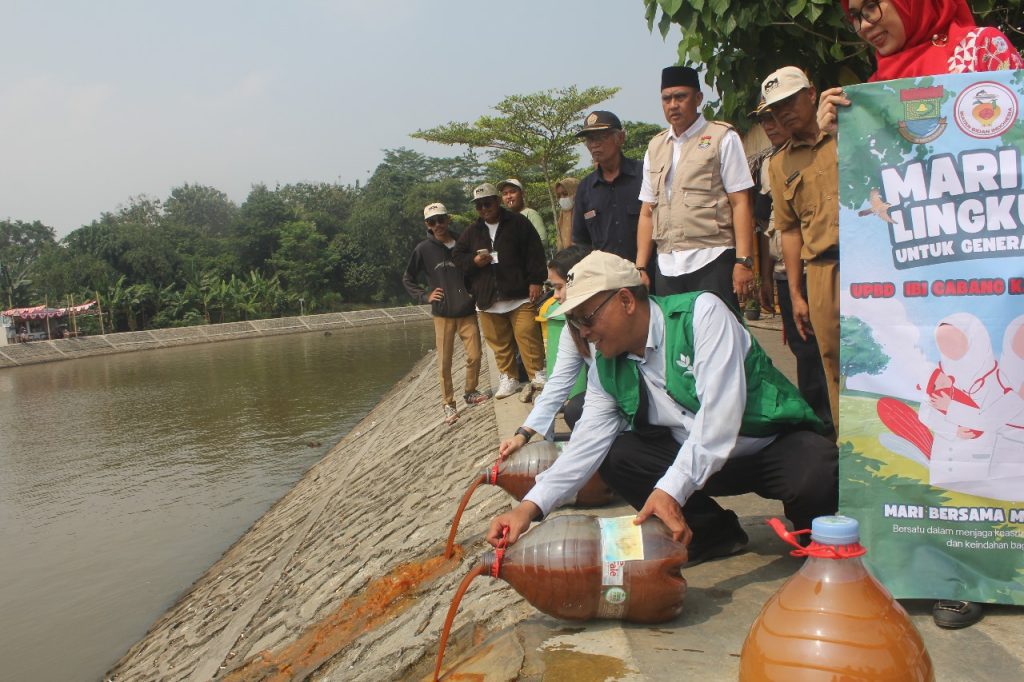
(Doc. LPPM UMN)
UMN lecturer Leonardo Adi Dharma and UMN student Chresstela Francia also participated in the program, and both helped design the SEHATI program’s logo.
Not only did UMN and the Tangerang Regency government help create the logo, but they also invited the community in Serdang Wetan Village to plant aromatherapy-type plants around school sanitation facilities, make eco enzymes, and plant Mother-in-Law’s Tongue plants to absorb pollutants in the school environment.
“Overall, spreading eco enzyme to the community can support the achievement of better environmental goals and improve the quality of life in an environmentally friendly and sustainable way,” said UMN’s Innovation Center Department, Fenisa Lourence, responding to this activity.
Want to know more about other programs from LPPM UMN? Wait for the latest info on Instagram @lppmumn, and keep an eye on UMN’s official website!
English translation by Levina Chrestella Theodora
Kuliah di Jakarta untuk jurusan program studi Informatika| Sistem Informasi | Teknik Komputer | Teknik Elektro | Teknik Fisika | Akuntansi | Manajemen| Komunikasi Strategis | Jurnalistik | Desain Komunikasi Visual | Film dan Animasi | Arsitektur | D3 Perhotelan , di Universitas Multimedia Nusantara. www.umn.ac.id

